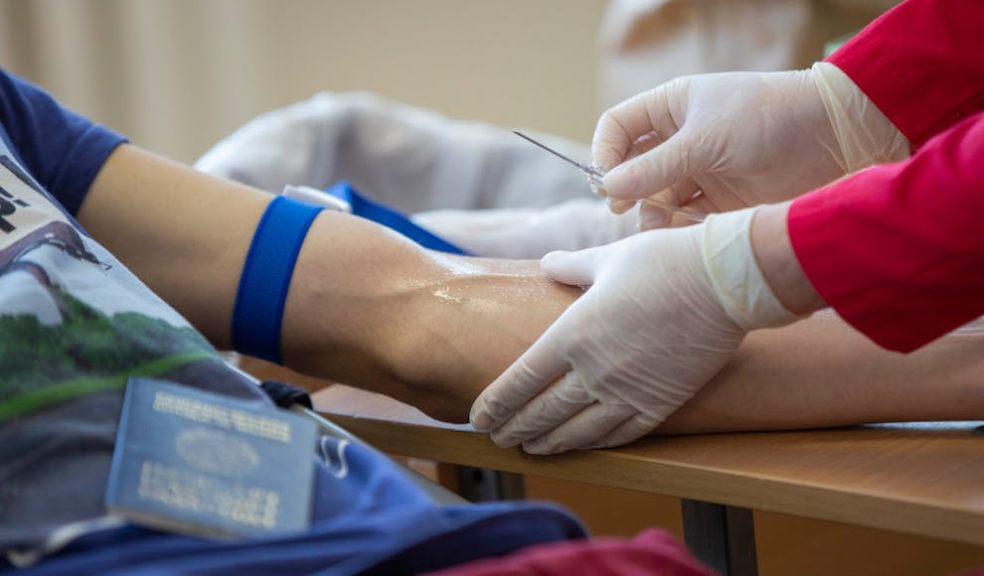
Common Misconceptions About Breast Cancer Clinical Trials
“Clinical trials are only for those with no other options.” Have you ever heard this statement? It’s a common myth that can deter people from considering clinical trials as a viable option. In reality, clinical trials are a critical part of advancing medical research and can offer hope and new treatment options for many. Let's dive into some of the most prevalent myths about breast cancer clinical trials and uncover the truth behind them.
Myth 1: Clinical Trials Are Only for Terminal Patients
Many people believe that clinical trials are only for patients who have exhausted all other treatment options. This couldn’t be further from the truth. Clinical trials are designed for various stages of breast cancer and can benefit patients at different points in their treatment journey. Whether you're newly diagnosed, in remission, or managing advanced breast cancer, there may be a clinical trial that’s right for you. Visit Clinical Net to explore your options.
Myth 2: Participants Are Treated Like Guinea Pigs
The fear that participants are used as test subjects without regard for their well-being is a significant deterrent. However, clinical trials are conducted under rigorous ethical standards and regulations. Participant safety is a top priority, with measures like informed consent and continuous monitoring in place to protect those involved. Far from being treated like guinea pigs, participants receive high levels of care and attention throughout the trial.
Myth 3: Placebo Effect Means Patients Receive No Treatment
There is a common misconception that joining a clinical trial means you might receive no treatment at all. In breast cancer clinical trials, this is rarely the case. Placebos are often used in trials where no standard treatment exists. Most breast cancer trials compare a new treatment with the best existing standard treatment, ensuring all participants receive active and potentially beneficial treatment.
Myth 4: Clinical Trials Are Unsafe
Many assume that clinical trials are risky and unsafe. While it's true that any medical treatment carries some risk, clinical trials follow strict protocols to ensure safety. Each trial phase is designed to answer specific questions, starting with safety and dosage (Phase I) and progressing to broader efficacy and side effects (Phase III). Regulatory oversight by entities like the FDA ensures that these studies meet high safety standards.
Myth 5: Results from Clinical Trials Are Not Reliable
Some people doubt the reliability of clinical trial results. However, the outcomes of these trials are subject to rigorous scientific scrutiny. Peer review, statistical analysis, and oversight by regulatory bodies ensure that the findings are credible and contribute valuable knowledge to the medical community.
Why People Consider Participating in a Clinical Trial
Have you considered participating in a clinical trial but don’t know whether this is right for you? While it can seem daunting to take part in a trial, there are many reasons why people are doing this more often. This is particularly true if you have a long-term condition.
Of course, while you want to consider carefully whether to participate in a clinical trial, it’s important to learn the reasons why this might be the best option. Let’s take a look at why other people consider participating in a clinical trial.
To Access Treatment
There are new treatments becoming available regularly in order to treat certain conditions and diseases. The only way to know for sure whether they’ll work is to use them in clinical trials. Indeed, this needs participants. If you’ve exhausted all of the available treatments for your condition, this is when you can try a clinical trial. While there are no guarantees, there’s always the possibility that symptoms can be lessened or you can experience an improvement in your condition.
To Help Research
Do you want to raise more awareness for your condition and help others who are suffering from it? Well, this is when participating in a clinical trial can help. This is an opportunity for in-depth research into a lesser-known condition and for progress to be made in the future. So, don’t underestimate how much change you can help with by becoming a participant. You might be part of a trial that changes the trajectory of progress. It can feel great to be part of this change and hopefully, change things for people in the future.
To Learn More
Do you feel like you don’t know a lot about your condition beyond what your doctors tell you? While the internet can offer some information, there’s often more to be learnt from professionals who study these conditions. You can gain access to them through participating in a clinical trial. You can improve your knowledge and have the opportunity to ask questions.
Conclusion
Understanding the truth about breast cancer clinical trials is crucial for making informed decisions about your health. Dispelling these myths opens up new possibilities for treatment and contributes to the advancement of medical research. If you're considering a clinical trial, seek accurate information and discuss your options with your healthcare provider.













